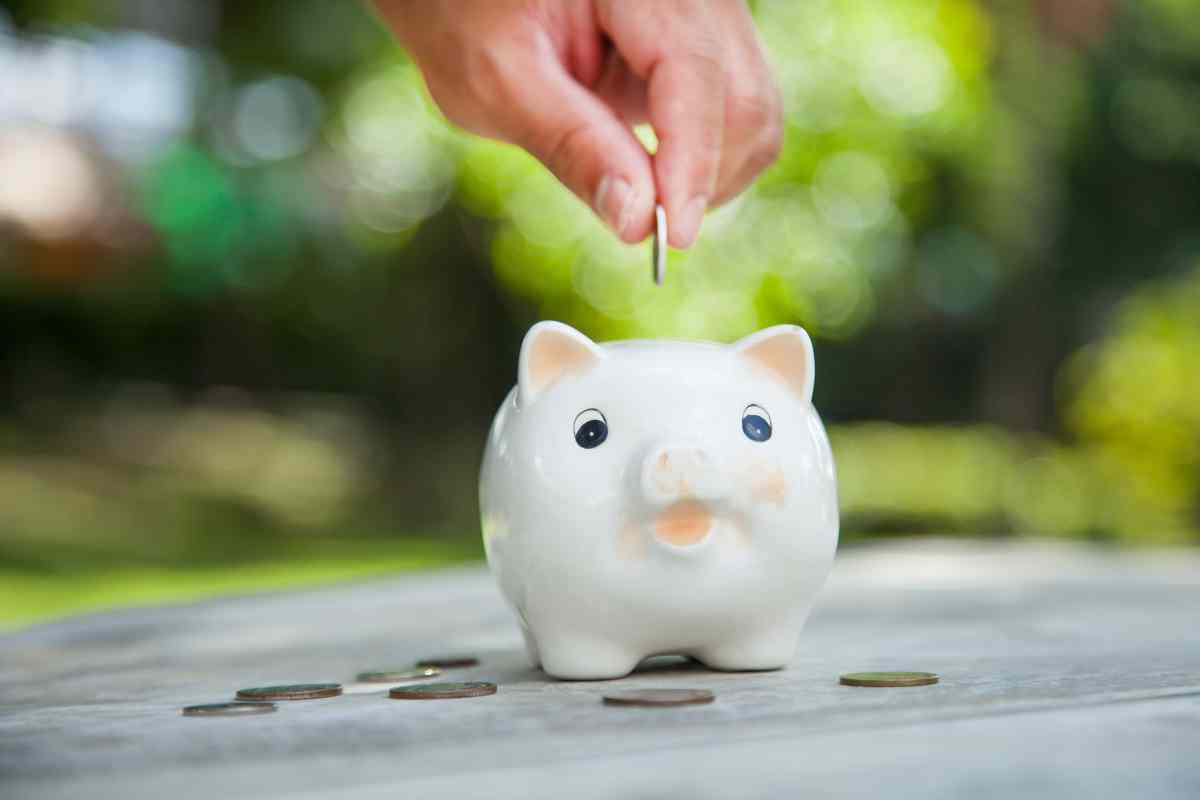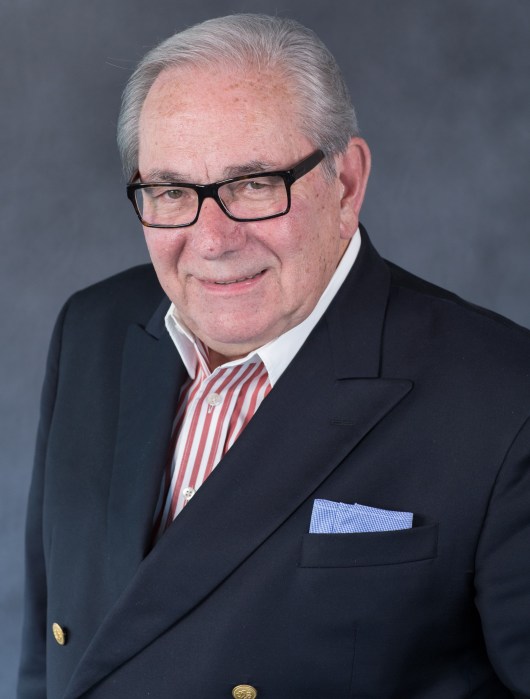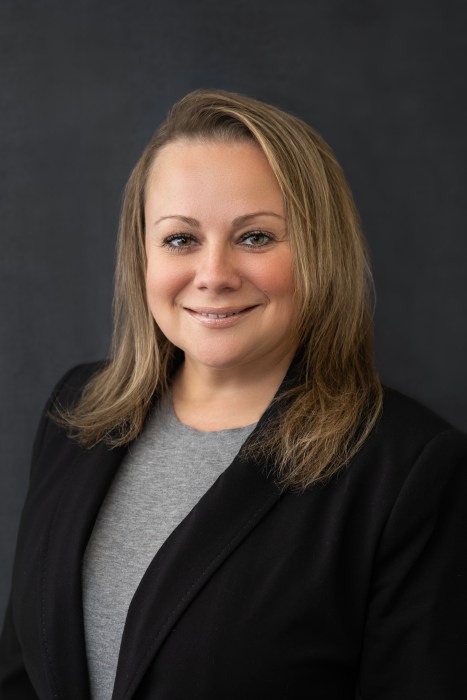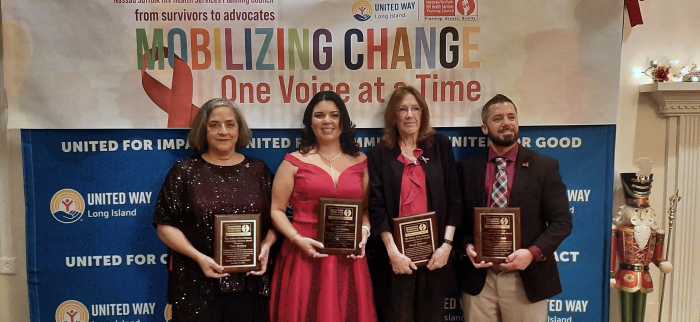Looking forward to a big refund check from your tax return?
Don’t be so quick to spend it, says David Schwartz, CFP, CEO of FCE Group, a wealth management, investment advisory and financial planning firm in Lake Success. While it may seem like an easy and justifiable round-trip ticket for your dream vacation, your refund is truly an opportunity to secure your finances.
So, spend — and most importantly, save and invest — wisely.
GOT DEBT?
If you have any type of high-interest debt, clear it, or pay as much off as you can.
“There is no good debt,” says Schwartz.
Start with the credit card that is the most costly or has the highest interest rate and then work your way down from there.
If you have no debt, then apply the “spend 1/3, save 1/3, invest 1/3” rule.
SPEND ONE-THIRD
Spend on something that creates worth, suggests Schwartz.
Remodeling a kitchen can add value to your home if you’re looking to sell down the line. Fix your car so it doesn’t break down.
“If you are going to spend your refund, spend it on something that has value instead of running to stores and buying stuff,” says Schwartz.
Desperate for a getaway?
“Your family vacation does not need to involve a plane ticket or boat or something lavish,” says Schwartz.
It could be a simple day trip to Montauk.
SAVE ONE-THIRD
If you’re going to save, consider a money market fund. Visit a local bank or discount brokerage firm and seek a high yield.
“It’s just like a high-interest savings account and you can withdraw funds at any time,” notes Schwartz.
That saved money can be a safeguard if your job is in jeopardy or if you’re looking to make a dramatic or risky career move. Plan ahead for your kids’ college tuition with a 529 plan.
“You can save New York State tax, which is a good thing,” says Schwartz, however, that money could affect whether or not you qualify for financial aid.
INVEST ONE-THIRD
Establish an individual retirement account (IRA) or contribute to an existing one and you’ll be setting yourself up for a healthier, more financially stable retirement, says Schwartz.
You don’t need a minimum to open it and whatever it earns, you won’t pay taxes on the interest until you start taking retirement distributions. You should also see if you qualify for a Roth IRA: Although the contributions are not deductible, the retirement account grows tax-free and there is no tax to be paid when the distributions begin.
“If you have extra money and you put it away,” says Schwartz, “it compounds and it grows and it makes life so much more enjoyable down the road.”
WELLNESS PLAN: PERSONAL FINANCE HEALTH
It’s but a lucky few that haven’t found themselves behind in their bills and struggling to get out of a financial hole at some point in their lives — some more so than others.
Since it is only a matter of when, not if, financial hardships — natural disasters, divorce, job loss, to name a few — will occur, the best course of action is to plan ahead with a rainy-day fund and these tips from financial experts:
Make a Financial Calendar: Key to balancing your budget is tracking when income comes in and when bills are due.
Check Your Interest Rate: APR too high? Research lenders that offer lower rates. And switch to a credit union with a higher yield on checking accounts.
Track Your Net Worth: Checking your credit score isn’t the only thing that matters when it comes time for a big-ticket purchase.
Set a Budget: And if more money is going out than coming in, take corrective action immediately.
Try an All-Cash Diet: Think of the savings at the gas pump alone!
Take a Daily Money Minute: The budget isn’t going to track itself.
Allocate 20 percent of Income to Financial Priorities: Like paying down debt, for one.
Budget About 30 percent to Lifestyle Spending: Because once you have a budget, you’ll know exactly how much guilt-free fun you can afford.




































